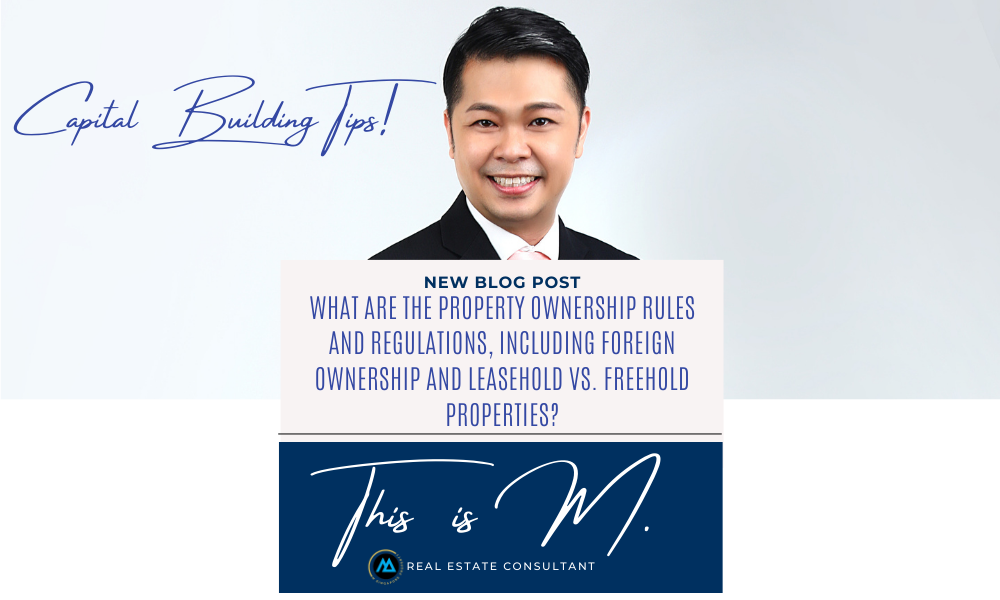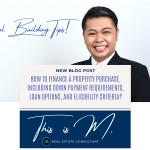In Singapore, property ownership is governed by various rules and regulations. Here are key considerations regarding property ownership, including foreign ownership and leasehold versus freehold properties:
- Foreign Ownership:
- Residential Properties: Foreigners are generally allowed to purchase apartments in non-restricted zones without the need for government approval. However, there are restrictions on the type of residential properties that can be purchased. For example, foreigners are not allowed to buy HDB (Housing and Development Board) flats unless certain criteria are met.
- Landed Properties: Foreigners are generally not allowed to purchase landed residential properties (like bungalows and terrace houses) without approval from the Land Dealings Unit (LDU).
- HDB Flats:
- HDB flats are primarily meant for Singaporean citizens. Permanent residents (PRs) can buy resale HDB flats but face restrictions in terms of the type of flat they can purchase and a minimum occupancy period before they can sell.
- Leasehold vs. Freehold Properties:
- Leasehold Properties: Many properties in Singapore are on leasehold tenure, which means that the land on which the property is built is leased for a specific number of years (e.g., 99 years). At the end of the lease, ownership reverts to the state. Buyers should be aware of the remaining lease period, as it can affect the property’s value.
- Freehold Properties: Freehold properties have an indefinite tenure, and the owner holds the title to both the land and the property permanently.
- Eligibility Criteria for Purchase:
- Public Housing (HDB): Eligibility for purchasing HDB flats is primarily for Singapore citizens and PRs. There are income ceilings and other criteria to qualify.
- Private Properties: Eligibility for purchasing private properties is generally open to both citizens and foreigners. However, foreigners may need approval for certain types of properties.
- Financing:
- Financing options for property purchases include bank loans and housing loans from the Housing and Development Board (HDB).
- Loan eligibility is based on factors such as income, creditworthiness, and the loan-to-value ratio.
- Additional Buyer’s Stamp Duty (ABSD):
- ABSD is a tax imposed on certain property purchases. Foreigners and entities buying residential properties are subject to higher ABSD rates compared to Singapore citizens and PRs.
- Legal Considerations:
- Engaging a solicitor or conveyancing lawyer is essential for navigating the legal aspects of property transactions.
It’s crucial to seek advice from professionals, such as real estate agents, lawyers, and financial advisors, to understand the specific regulations and considerations relevant to your situation. Additionally, staying informed about updates to property regulations in Singapore is important, as rules may be subject to change.


